



 (4 ratings)
(4 ratings)
WhatsApp has recently added end-to-end encryption for all its services which ensures that all user calls, writings, video, pictures and different records sent must be seen only by the proposed beneficiary, and nobody, not even WhatsApp itself, can get to this information. This insurance of user privacy protection generates new concern for the Indian government.
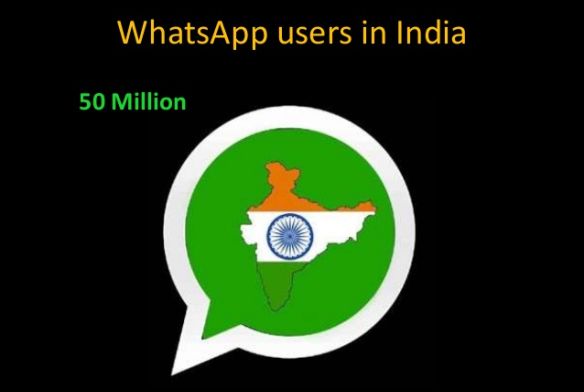
WhatsApp will now it difficult to consent to government demands for information since WhatsApp itself won't have the decoding key. As a result, WhatsApp is doing precisely what Apple did in the Apple versus FBI fight; it's avoiding government access to information, yet on a much bigger scale. As of now 51% of all users of internet messaging services in India use WhatsApp, with a total number of over 70 million users and WhatsApp has now prevented government access to the messages and calls of at least 70 million Indian users. The Telecom service providers like Airtel and Vodafone, need to get a permit from the Department of Telecommunications keeping in mind the end goal to have the capacity to give such administrations in India. This permit incorporates a few limitations, including permit charges, guaranteeing crisis administrations, classification of client data and prerequisites for legitimate interference, observing and the security of the system which includes encryption prerequisites.
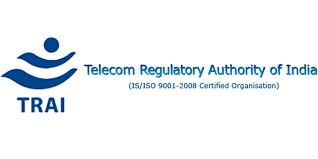
In India the 'Permit Agreement for Provision of Internet Service (Including Internet Telephony)' for web access suppliers (like Reliance and Airtel), grants the utilization of up to 40-bit encryption. To utilize a higher encryption standard, authorization will be authenticated by the Telecom Authority. Applications like WhatsApp, Skype and Viber are neither telecom administration suppliers nor web access suppliers. These are known as 'Over-The-Top Services', or OTTs. As of now, OTTs are not directed and in that capacity, there are no encryption prerequisites, nor are there whatever other necessities for the sake of security which these need to comply with.
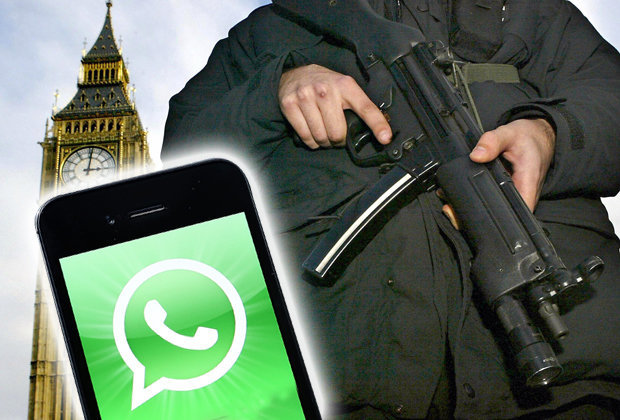
The Telecom Regulatory Authority of India turned out with an OTT Consultation Paper in 2015. Discourses on the paper are shut, however, TRAI is yet to issue regulations on the matter. Without any regulations at present, it's reasonable that WhatsApp's new end-to-end encryption approach is superbly legitimate, despite the fact that it poses some new challenges to the Government. In a detailed discussion on the issue in TRAI's OTT Consultation Paper, TRAI noticed that OTT administrations go around every administrative necessity by giving administrations which are generally accessible just through a permit. It has recommended the grouping of OTT administrations either as a correspondence administration supplier or an application administration supplier, and to force comparable administrative necessities as on telecom administration suppliers.

It's noteworthy that the different nations have received different ways to deal with the issue of OTT services. For instance, in France, Skype was made to enroll as a telecom administrator and in Germany, Voice-Over-IP is liable to the same necessities as other telecom administrations in view of the methodology of its Telecommunications Act. In China, VOIP calls have a different administrative framework under the head of 'voice-based calls' and these frameworks make voice-over-IP subject to the same security prerequisites as telecom suppliers.
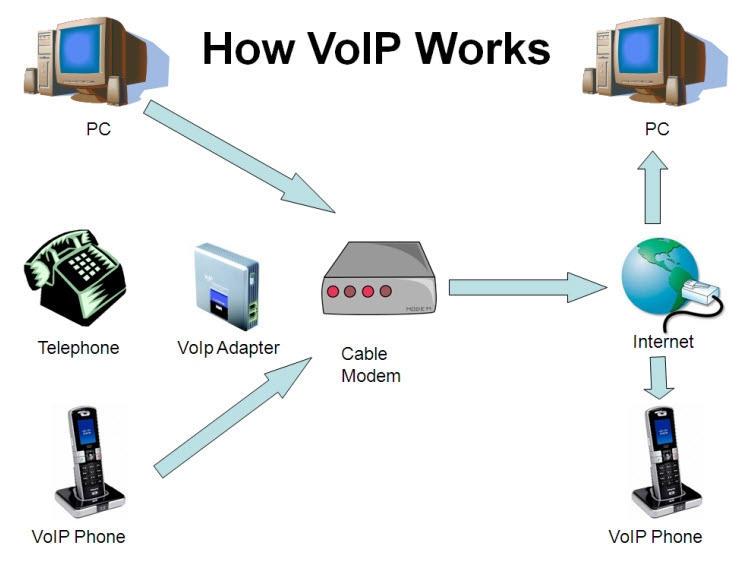
The proposed authorizing necessities incorporate empowering 'legitimate interception' and can be accepted that the procurements will be along the lines of those forced on telecom administrative necessities. Given that a 40-bit encryption framework is a much lower standard than that used by WhatsApp, furthermore considering that WhatsApp doesn't have the unscrambling key for testimony with the concerned authority and it stays to be perceived how the government will access WhatsApp messages. is expected to comply with directions to intercept, monitor and decrypt information issued under Section 69 of the Information Technology Act, 2000. Complying with such a direction will now be impossible for WhatsApp in view of its end-to-end encryption. Even before the introduction of this, since WhatsApp is not a company based in India, it may have been able to refuse to comply with such directions.
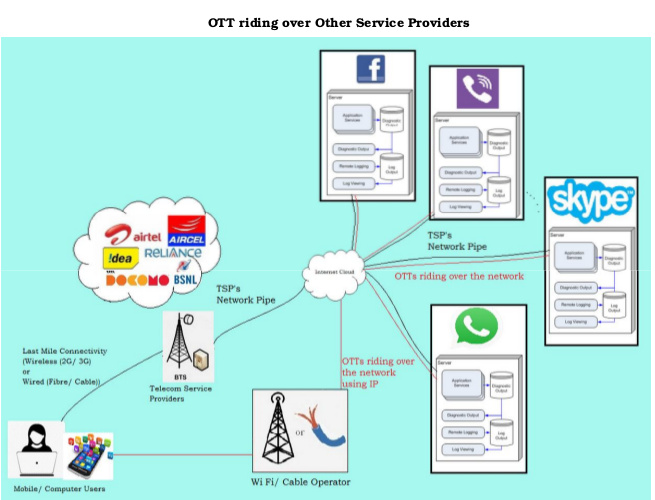
The End-to-end encryption is not without its disadvantages. The high, unbreachable level of security and protection accessible is supportive of users and is surely against governments and will make frameworks for illicit exercises as well. For instance, following voice calls made by terrorists utilizing Voice-Over-IP is to a great degree troublesome because of its routing over fake networks. The issue raised in the Apple vs FBI case was also the same, whether an individual user’s privacy can be compromised in favor of the larger public interest. A balance between the two is needed, maintaining user privacy and allowing interception for lawful purposes is required.
Must Visit Our Google+ Community Page For Latest And Updated Technology Happenings Around The Globe.